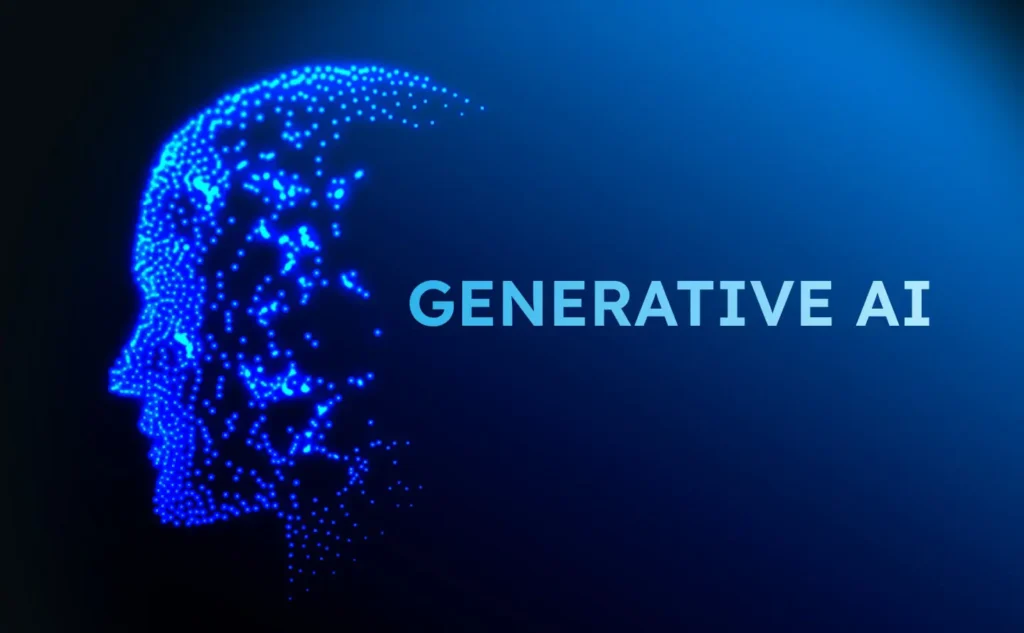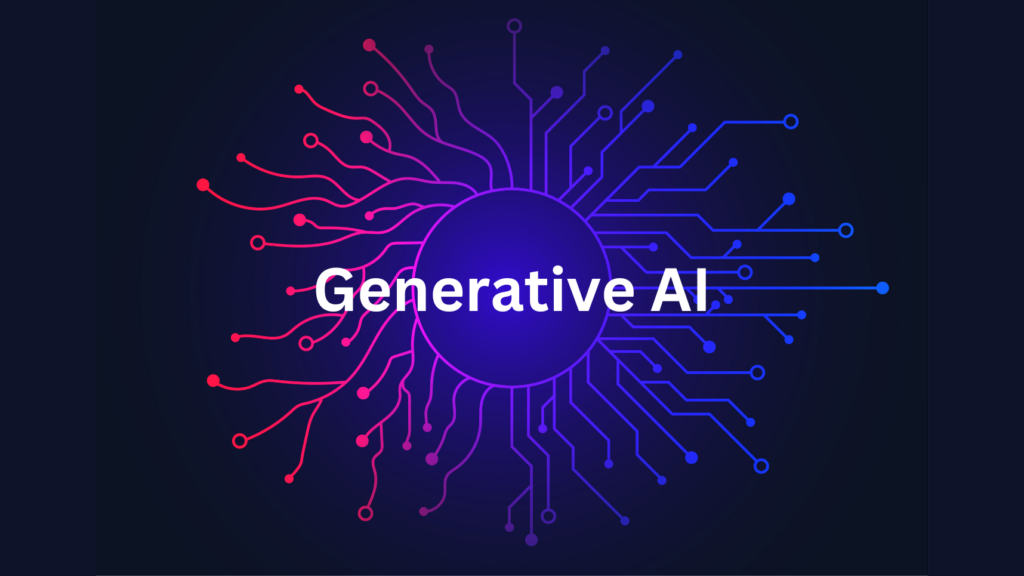Level up your business with US.
- Home
- The Rise of AI-Powered Development: How Generative AI is Changing the Way We Code
The Rise of AI-Powered Development: How Generative AI is Changing the Way We Code
July 28, 2025 - Blog
The Rise of AI-Powered Development: How Generative AI is Changing the Way We Code
Artificial Intelligence (AI) is no longer a futuristic concept—it’s a present-day reality that is revolutionizing the software development landscape. In 2025, one of the most transformative aspects of AI in tech is Generative AI. It’s rapidly becoming an indispensable part of the developer’s toolkit, making coding smarter, faster, and more efficient than ever before.
In this article, we explore how AI-powered development, especially through Generative AI, is reshaping modern software engineering. We’ll dive into its benefits, tools, challenges, and use cases, and show how firms like Code Driven Labs are helping businesses harness its full potential.
What is Generative AI in Software Development?
Generative AI refers to algorithms—often based on large language models (LLMs)—that can generate code, suggest improvements, detect bugs, and even design software architectures. Tools like GitHub Copilot, Amazon CodeWhisperer, and ChatGPT have demonstrated how AI can augment software development by:
-
Auto-completing code
-
Recommending best practices
-
Refactoring legacy code
-
Generating test cases
-
Providing documentation
Instead of replacing developers, AI is augmenting their capabilities, freeing them from repetitive tasks and allowing more time for creative problem-solving.

Why AI-Powered Development Matters in 2025
As development cycles shrink and demand for quality software increases, traditional methods struggle to keep up. Here’s why AI-powered development has become crucial:
1. Speed and Efficiency
AI accelerates coding by automating routine tasks like writing boilerplate code, generating test scripts, or converting legacy systems. This reduces time-to-market, which is critical for startups and enterprise teams alike.
2. Enhanced Code Quality
AI tools analyze vast codebases to suggest optimized code and detect vulnerabilities. They reduce human error and enforce coding standards.
3. Cost Optimization
By reducing the workload on human developers, companies can lower operational costs while still achieving high output. Fewer bugs also mean lower maintenance costs over time.
4. Better Collaboration
AI assistants facilitate knowledge sharing among teams. For instance, a junior developer can receive AI-generated suggestions that mirror senior developer practices, creating a smoother learning curve.
Key Generative AI Tools for Developers
Here are some widely used tools in 2025:
-
GitHub Copilot: Offers code suggestions inside VSCode and JetBrains IDEs.
-
Amazon CodeWhisperer: Tailored for AWS development environments.
-
ChatGPT Code Interpreter: Used for prototyping logic or exploring API integrations.
-
Tabnine: Provides AI-driven autocomplete with support for enterprise privacy.
-
Kite: Python-specific AI coding assistant.
These tools are evolving from basic code assistance to full-blown DevOps support systems.
Use Cases of Generative AI in Development
1. Automated Code Generation
Developers can input high-level prompts and receive working code snippets, saving hours of manual coding.
2. Code Review & Refactoring
AI identifies potential bugs, security flaws, and inefficiencies—offering quick refactor suggestions.
3. Test Automation
AI helps generate unit tests and even identifies missing test cases from existing code.
4. Natural Language Querying
You can ask AI in plain English to explain a function, suggest improvements, or create documentation.
5. Legacy System Modernization
AI can translate code from outdated languages into modern equivalents like JavaScript, Python, or Go.
Challenges of AI-Powered Development
Despite its promise, AI development isn’t without limitations:
-
Data Privacy Risks: AI tools often rely on large datasets, which may raise compliance concerns.
-
Code Accuracy: Generated code might be syntactically correct but logically flawed.
-
Bias in AI Models: Code suggestions may inherit biases from training data.
-
Dependency on Tools: Over-reliance on AI may reduce developer autonomy and understanding.
To mitigate these, human oversight remains essential.
How Code Driven Labs Empowers AI-Powered Development
Code Driven Labs is at the forefront of helping companies embrace Generative AI in their development lifecycle. Here’s how they bring value:
1. Custom AI Development Pipelines
Code Driven Labs doesn’t rely solely on off-the-shelf solutions. They create custom AI-powered development workflows tailored to your domain, language stack, and business needs.
2. Integration with CI/CD
They integrate AI tools into your CI/CD pipelines, enabling automated code checks, performance optimization, and instant feedback—boosting agility in DevOps environments.
3. AI Model Fine-tuning
Rather than using generic AI models, Code Driven Labs helps companies fine-tune LLMs using proprietary codebases to deliver more accurate, context-aware suggestions.
4. Security and Governance
Security is top priority. Code Driven Labs ensures AI-assisted development is secure and compliant with regulations (GDPR, HIPAA, etc.), using techniques like secure sandboxing and access controls.
5. Team Training and Onboarding
They offer training programs for developers, DevOps teams, and QA engineers to confidently work alongside AI assistants, maximizing adoption and ROI.
6. Performance Monitoring
Once deployed, they track AI’s impact using performance metrics such as error reduction, code quality scores, and developer throughput—helping optimize continuously.
What the Future Holds
As AI matures, expect even deeper integration into the software development lifecycle:
-
Self-healing applications that detect and fix bugs in real time
-
Autonomous DevOps pipelines driven by AI agents
-
Multi-modal AI that combines voice, image, and text inputs for faster prototyping
-
AI pair programmers that learn your coding style and project context over time
Generative AI will evolve from a tool to a collaborative teammate—but only when implemented strategically.

Final Thoughts
AI-powered development is not a threat to software engineers—it’s an opportunity. It brings the power of automation, intelligence, and efficiency to every phase of the development cycle. In 2025, ignoring AI in software development means falling behind.
Companies that invest in AI-powered tools, developer training, and integration frameworks will gain a significant competitive edge.
Code Driven Labs is helping businesses take this leap with custom AI solutions, security-first implementation, and hands-on guidance.
If you’re ready to transform how your teams build software—Code Driven Labs is your AI partner of choice.
